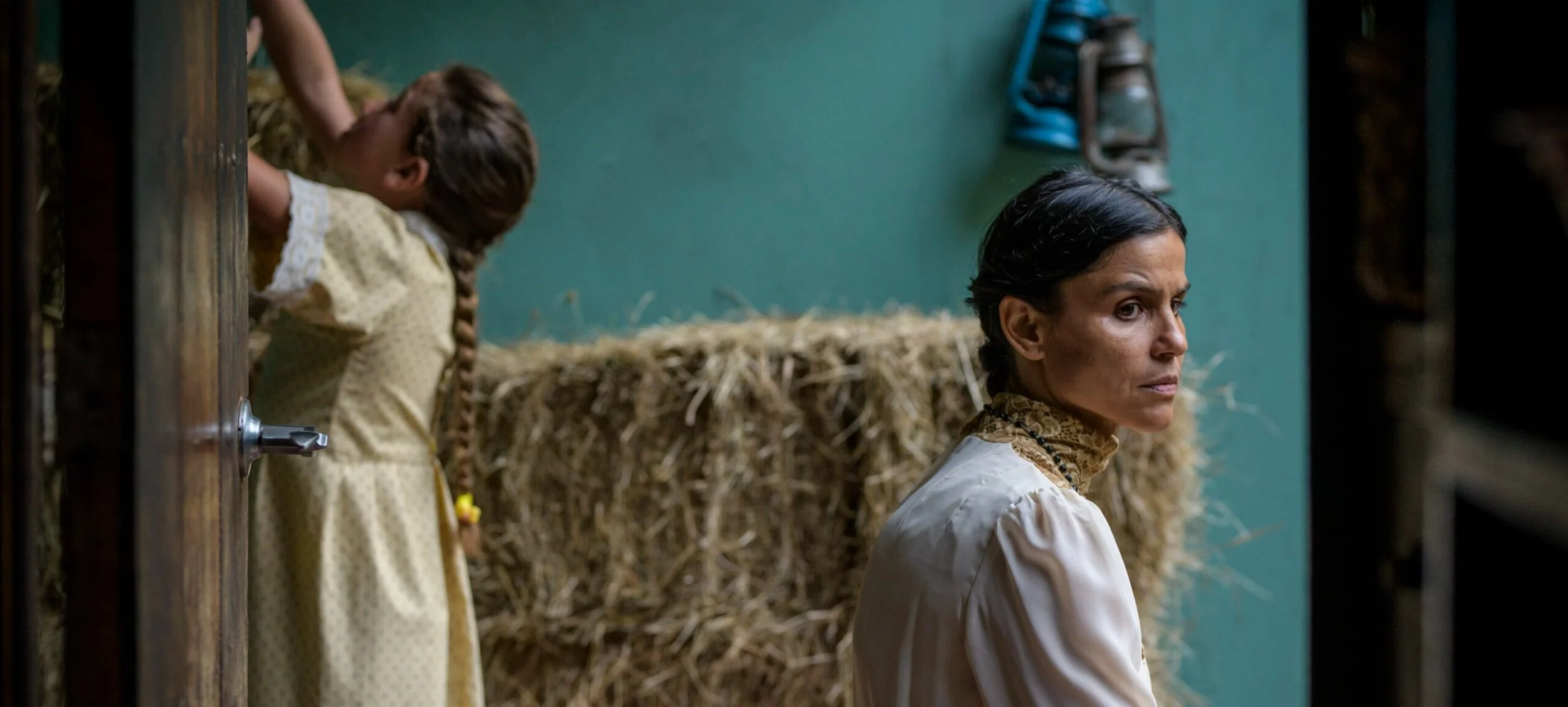By Carlos A. Gutiérrez
In the past few years, Costa Rica, the small Central American country of five million people, has created a vibrant and exciting cinema that is making strides at the international film festival circuit and has launched the careers of a strong generation of filmmakers—many of them female directors—whose work has premiered at the top international film festivals including Cannes, Berlin, Rotterdam, Toronto, and Locarno.
In just the past three years, Costa Rica has scored five world premieres at the Cannes Film Festival: the feature films Land of Ashes / Ceniza negra (2019) by Sofía Quirós Ubeda, Clara Sola (2021) by Nathalie Álvarez Mesén, and Domingo and the Mist / Domingo y la niebla (2022) by Ariel Escalante Meza, and the short films Lucía in Limbo / Lucía en el limbo (2019) by Valentina Maurel and Night Light / Luz nocturna by Kim Torres (2022).
It’s been over a decade since Paz Fábrega’s landmark Tiger Award win at the 2010 Rotterdam Film Festival, with her debut feature Cold Water of the Sea / Agua fría de mar, heralded a new era for Costa Rican cinema. The country previously had an intermittent and fragmented film history, producing only about twenty feature films in the span of a century. Yet it took only a few years during the teens for the country to more than double that figure.
The year 2019 marked a milestone as two Costa Rican films premiered in the Critics’ Week competition at Cannes: Quirós Ubeda’s debut feature film Land of Ashes, a coming-of-age tale that tells the story of an Afro-Costa Rican teenage girl who takes care of her grandfather in a Caribbean coastal town, and the short film Lucía in Limbo, also a coming-of-age story that follows a 16-year-old wanting to get rid of both her lice and her virginity.
Two years later, Clara Sola premiered in the 2021 edition of Directors Fortnight to solid critical acclaim. Set in a remote town, the film examines Clara, a 40-year-old woman who has lived with her mother in a repressive and religious rural setting. Yet with the upcoming quinceañera of her niece, tensions rise in the family and provoke Clara’s sexual and mystical awakening to free herself.
Álvarez Mesén, who is a Costa Rican-Swedish filmmaker, was the top winner at the 2022 Swedish Film Awards, known as the Guldbagges, winning five awards for her debut feature for Best Film, Best Director, Best Cinematography, Best Sound, and Best Screenplay.
This Friday, July 1, Clara Sola will have its much-anticipated U.S. theatrical release, becoming the first Costa Rican film to circulate in the competitive North American arthouse circuit. The film is being distributed by Oscilloscope Laboratories, the company behind hits such as the Colombian film Embrace of the Serpent and the Brazilian comedy The Second Mother.
This year, two other Costa Rican productions premiered at Cannes: Domingo and the Mist, which was selected for the Un Certain Regard competition, and the short film Night Light, which premiered in the official Palme d’Or competition. Domingo and the Mist is a slow-burn drama about Domingo, a widower whose land is threatened by developers seeking to build a highway. Domingo will resort to violence if necessary to protect his property. Night Light tells the story of a teenager who takes care of her younger siblings after their mother has abandoned them.
Other Costa Rican features that have recently circulated internationally include the fiction films The Awakening of the Ants / El despertar de las hormigas (2019) by Antonella Sudasassi and Aurora (2021) by Paz Fábrega, which had their world premieres at the Berlinale and the Rotterdam Film Festival, respectively, and the documentaries Moving So Slowly / Avanzaré tan despacio (2019) by Natalia Solórzano Vásquez, Rebel Objects / Objetos rebeldes by Carolina Arias Ortiz, and La Picada (2021) by Felipe Zúñiga, the three of which premiered at the International Documentary Film Festival Amsterdam (IDFA)
All the above accolades and successes deserve extra credit as Costa Rican cinema has had limited local support. Despite numerous attempts by a burgeoning film community in conjunction with the launching and strengthening of initiatives such as the Costa Rican Film Center, the Costa Rican Film Festival—which just celebrated its tenth edition a few days ago—the public Fauno film fund with over $400,000 USD destined for production, and the Central America and Caribbean Audiovisual Market produced by the Costa Rican Foreign Trade Promoter (Procomer), the country has yet to pass a comprehensive film law.
Hopefully, all this recent international visibility for the local films and filmmakers can finally consolidate the long struggle of the Costa Rican film community for a film law that, like its counterparts in many other Latin American countries, can guarantee a fluid infrastructure for film production, distribution and exhibition.
Carlos A. Gutiérrez is co-founding executive director of Cinema Tropical.







